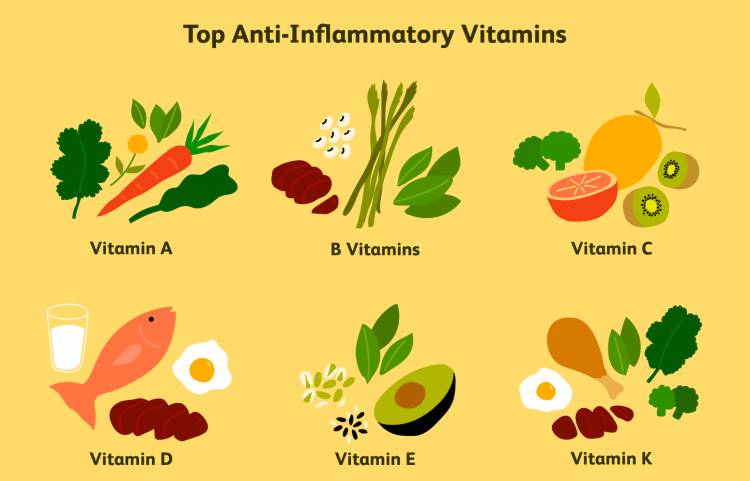Nutrients for Kids: Do They Need Them?
As youngsters develop, it's essential for them to get enough nutrients and minerals to guarantee ideal wellbeing.
Most children get satisfactory measures of supplements from a fair eating regimen, however in specific situations, kids may need to enhance with nutrients or minerals.
This article lets you know all that you have to think about nutrients for children and whether your tyke may require them.
Supplement requirements for children
Supplement requirements for children are reliant on age, sex, size, development, and movement level.
As per wellbeing specialists, youthful kids between the ages of 2 and 8 require 1,000– 1,400 calories every day. Those ages 9– 13 need 1,400– 2,600 calories every day — relying upon specific variables, for example, movement level (1, 2).
Do kids have unexpected supplement needs in comparison to grown-ups?
Children need indistinguishable supplements from grown-ups — however more often than not require littler sums.
As kids develop, it's essential for them to get satisfactory measures of supplements that assistance manufacture solid bones, for example, calcium and nutrient D (4).
Also, iron, zinc, iodine, choline, and nutrients A, B6 (folate), B12, and D are critical for mental health in early life (5, 6).
Consequently, in spite of the fact that children may require littler measures of nutrients and minerals contrasted with grown-ups, regardless they have to get enough of these supplements for legitimate development and improvement.
Do kids need nutrient enhancements?
All in all, kids that eat a sound, adjusted eating regimen needn't bother with nutrient enhancements.
Be that as it may, newborn children have unexpected supplement needs in comparison to kids and may require certain enhancements, for example, nutrient D for breastfed babies (7).
Both the American Academy of Pediatrics and the United States Department of Agriculture Dietary Guidelines for Americans don't prescribe supplements well beyond the suggested dietary remittances for solid kids more seasoned than 1 who eat a decent eating regimen.
These associations propose that kids eat an assortment of organic products, vegetables, grains, dairy, and protein to get satisfactory nourishment (8, 9).
These sustenances contain the majority of the important supplements for appropriate development and improvement in kids (10).
By and large, kids who eat a reasonable eating routine that incorporates all nutrition classes don't for the most part need nutrient or mineral enhancements. All things considered, the following segment covers a few special cases.
A few children may require supplemental supplements
Despite the fact that most youngsters who eat a sound eating regimen needn't bother with nutrients, explicit conditions may warrant supplementation.
Certain nutrient and mineral enhancements might be essential for children who are in danger of inadequacies, for example, the individuals who (11, 12, 13, 14):
pursue a veggie lover or vegetarian diet
have a condition that influences the assimilation of or builds the requirement for supplements, for example, celiac sickness, malignant growth, cystic fibrosis, or incendiary gut illness (IBD)
have had a medical procedure that impacts the digestion tracts or stomach
are very exacting eaters and battle to eat an assortment of sustenances
Specifically, kids who eat plant-based eating regimens might be in danger of inadequacies in calcium, iron, zinc, and nutrients B12 and D — particularly in the event that they eat few or no creature items (11).
Vegetarian diets can be especially risky for youngsters if certain supplements like nutrient B12 — which is found normally in creature sustenances — are not supplanted through enhancements or sustained nourishments.
Neglecting to supplant these supplements in youngsters' eating regimens can prompt genuine results, for example, anomalous development and formative deferrals (15).
Be that as it may, it's workable for youngsters on plant-based eating regimens to get satisfactory nourishment from eating regimen alone if their folks are joining enough plant sustenances that normally contain or are invigorated with specific nutrients and minerals (11).
Kids with celiac or incendiary gut maladies may experience issues retaining a few nutrients and minerals, particularly iron, zinc, and nutrient D. This is on the grounds that these ailments cause harm to the regions of the gut that ingest micronutrients (13, 16, 17).
Then again, kids with cystic fibrosis experience difficulty engrossing fat and, in this manner, may not enough assimilate the fat-solvent nutrients A, D, E, and K (12).
Also, kids with malignant growth and different sicknesses that reason expanded supplement needs may require certain enhancements to anticipate malady related unhealthiness (18).
At long last, a few examinations have connected fussy eating in adolescence to low admissions of micronutrients (14, 19).
One investigation in 937 children ages 3– 7 found that fastidious eating was firmly connected with low admissions of iron and zinc. All things considered, the outcomes showed that blood dimensions of these minerals were not essentially extraordinary in fussy contrasted with non-fastidious eaters (14).
In any case, it's conceivable that delayed meticulous eating could prompt micronutrient inadequacies after some time and may warrant nourishing enhancements thus.

 admin
admin 



















Comments (0)
Facebook Comments (0)